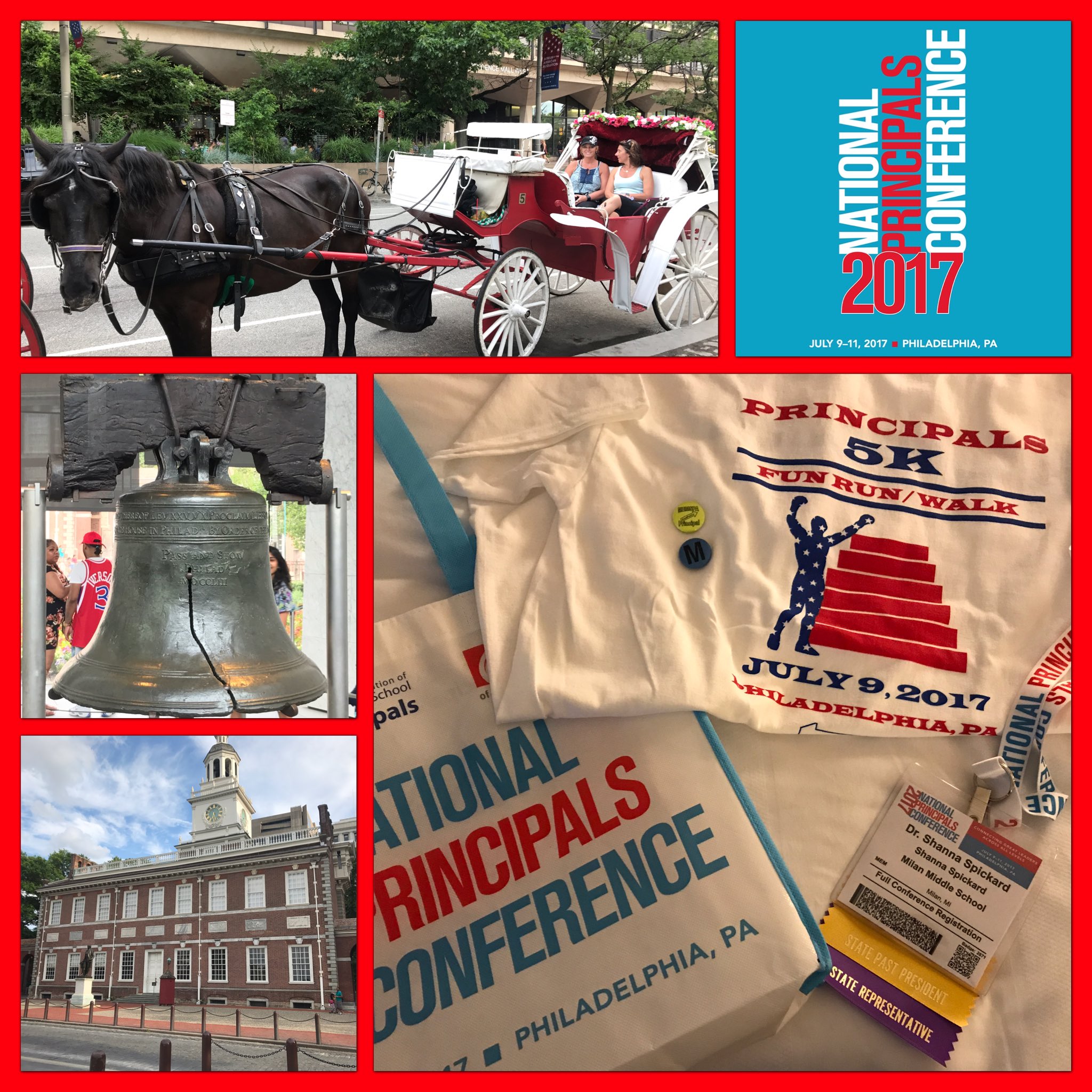 |
| NPC17 in Philadelphia |
So many speakers confirmed the importance of relationships. Michael Schmoker referenced Hattie's work and a key focus is teacher-student relationships (
Empowerment
In addition to the empower messages at the conference, I read the book Empower by John Spencer and A.J. Juliani on the trip to and from Philly. The messages around this theme support my district's teacher growth model (Danielson's "distinguished") to push our practices to be more student-centered approaches. I totally recommend this book!
In addition to the book, several speakers and presenters touched on the importance of empowering stakeholders in our schools and districts: teachers, students, and even our parents. We need to empower students by putting them in charge of their learning. We also need to empower teachers with the support and freedom to make this possible. The more growth people experience, the more they are empowered.
Christian Moore, shared powerful messages and tips for motivating students and teaching resilience. He states, "Resilience is the greatest equalizer--It transcends race, gender, culture, socio-economic status...and literally an other aspect of your environment."
Mindfulness
"In teaching, you can't do the BLOOM stuff until you take care of the MASLOW stuff." -Beck
Sherry Turkle reminded us to work on social skills and being present. Carla Tantillo (Mindful Practices) models how to integrate social-emotional learning and promoting mindfulness with easy to use strategies. (Check out her books.) Mindful practices will helps us to build resilience, growth, decrease stress, and help us to slow down and in turn be more productive.
We need to take care of self, so we can take care of our staff, and support and take care of our students. It's a collaborative, team effort to teach, love, and inspire our children. Thank you #NPC17 for reminding me of the importance of relationships, empowerment, mindfulness, and much more.
